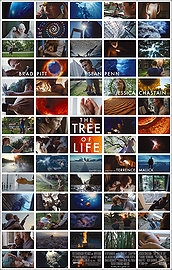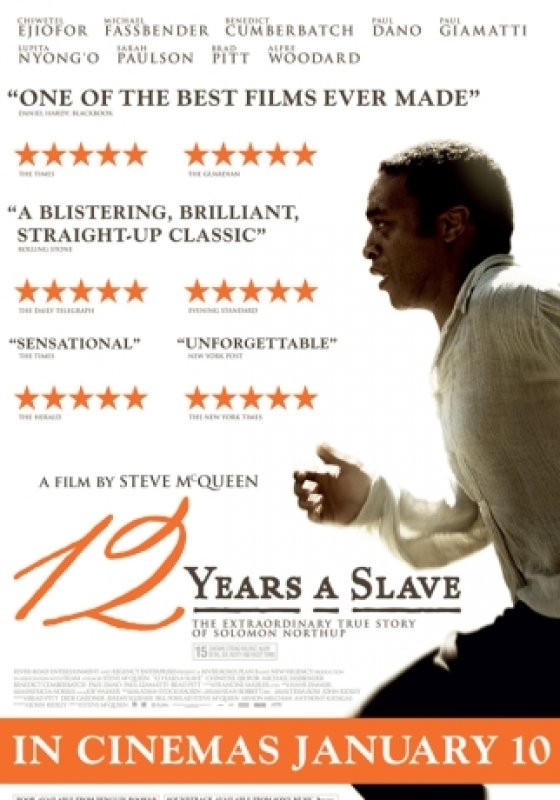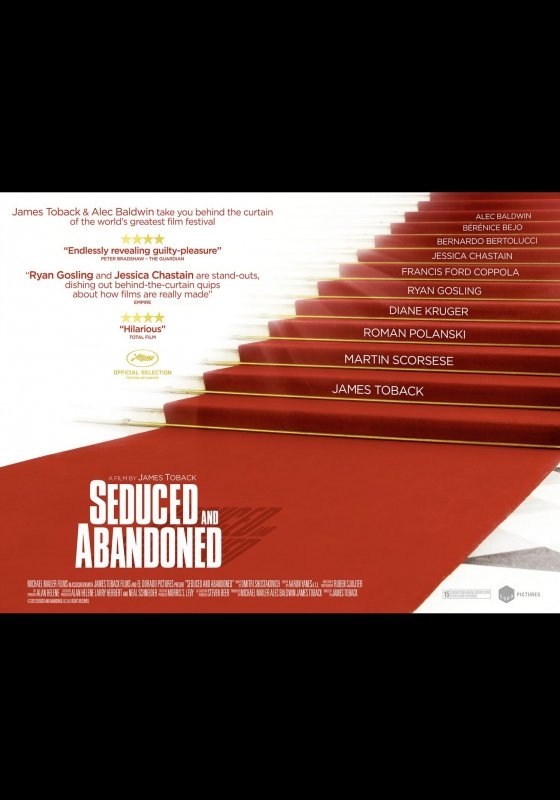The Tree of Life

Having won the Palme d’Or at this year’s Cannes film festival, The Tree of Life has been heavily discussed by critics and cinemagoers alike. With a strange mix of the divine cosmos and an intimate family story, Terrence Malick certainly had high ambitions with this new feature. Yet these ideas are translated so forcefully that the film often verges on exhibitionist, which is such a shame considering that moments of it come off as genius.
The Tree of Life opens with the news of one of the O’Brien sons’ death in military service – a shock from which the family never recovered, as the film moves forward to years later and introduces his elder brother Jack (Sean Penn), a middle-aged man still coming to terms with the loss. The day is the anniversary of R.L.’s death, and the film regresses back to show Jack’s contemplation of his childhood.
But before we have had a chance to relate to these characters, the film embarks on a metaphysical exploration of ‘life’ with a display of all things natural, celestial, and existential. In tackling these universal ideas, Malick rejects traditional narrative and instead, you should expect a rather pensive tone to the first half of the film. There is no doubt that these inserts are stunning, but heavily narrated with philosophical whispers, they are certainly the most contentious points of the film.
During these rather grandiose displays, a premise is offered – that in life, there is the way of nature or the way of grace. This dichotomy represents a struggle which troubles many of the characters, most discernably a young Jack O’Brien (Hunter McCracken) whose experiences of adolescence make up the weightier portion of the film, which thankfully takes on a more traditional format.
Here we get a chance to know the family; the overbearing father (Pitt) who is desperate, despite his continual control of them, for his sons to be their own men, the mother (Jessica Chastain) who is mild, playful, but above all deeply religious, and three sons who are caught between the pair. As surroundings change and the boys come of age, relationships are tested and cirumstances falter.
It is unfortunate that The Tree of Life relies far too heavily on weak visual metaphors to relay its message. Much of the film is absorbed by an over-indulgent, and quite frankly dull, disarrangement of images that seems to be trying at something that Michelangelo Frammartino succeeded with in Le Quattro Volte. The intent is there, but Malick’s ambitious ideas just doesn’t come good in practice.
Terrence Malick is obviously not a director to sniff at – the portion of the film that documents Jack’s life as he turns from child to adolescent is a complete triumph, and perhaps more demonstrative of what Malick is really capable of. Watching the family dynamics unfold is extremely engaging, and there is something particularly special in the way that Jack’s transformation, and his relationship with his family, are portrayed.
The interaction between the two brothers is potentially the most charming aspect of The Tree of Life, as the boys’ close brotherly bond holds a strong presence throughout. This is owed to an exceptional performance from Hunter McCracken, who skilfully communicates the idea of two forces “wresting inside” him, and Laramie Eppler, who perfectly captures the role of his devoted younger brother.
The visual beauty of the film is not to be argued with, and there are occasions where Malick’s symbolic aims are successful – a young boy swimming out of a flooded bedroom during a birthing scene comes to mind. Nevertheless it is difficult to forgive the showy visuals and pretentious metaphors that felt contrived throughout.
The risks that Malick has taken in his cosmic exploration of life won’t work for everyone – there are points in the film that you may find (dare I say it) boring, and there are points in the film that are overdone. But saying this, The Tree of Life has its moments of brilliance and, supported by superb acting and a beautiful aesthetic, should not be dismissed. It is certainly a film that will get you talking and, for that reason, I would recommend a viewing.









Recent Comments